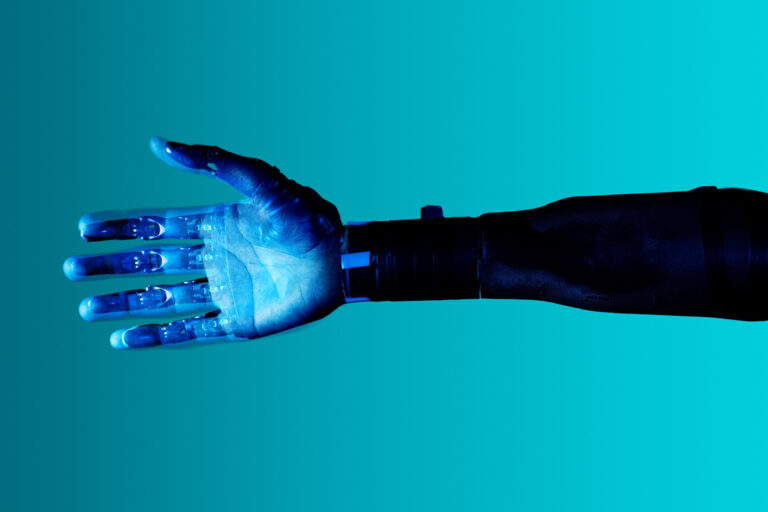Could your next lawyer be a robot? The legal community thinks so

Meet Joshua Browder, a British-American entrepreneur and the founder of “legal services chatbot” DoNotPay. Originally built to contest parking tickets, the chatbot has now expanded to include other services as well. If you’re not yet sure what I’m getting at here, Browder describes DoNotPay as “the world’s first robot lawyer,” which begs the question, could your next lawyer be a robot? Even better, would you let a robot lawyer defend you?
DoNotPay works in a fairly simple manner—you tell its chatbot what your problem is, such as appealing against a parking fine, and in return, it will suggest what it thinks is the best legal language to use. The app makes use of artificial intelligence (AI) to provide its users with legal services but also so much more. From getting a refund for aeroplane wifi that doesn’t work to unsubscribing them from a membership they no longer use, Wired called it “the Uber of legal services” for a reason.
Speaking about his app’s AI lawyer service, Browder told the BBC, “People can type in their side of an argument using their own words, and software with a machine learning model matches that with a legally correct way of saying it.” The 24-year-old and his company are now based in Silicon Valley, California, but the firm’s origins go back to London in 2015, when Browder was only 18.
Browder went on to explain that, as a teenager in London, he used to get a lot of expensive parking tickets which, “since I was still in secondary school, I couldn’t afford.” Through extensive research and freedom of information (FOI) requests, Browder says he found the best ways to contest the tickets. “If you know the right things to say, you can save a lot of time and money,” he told the BBC.
Rather than copy and paste the same document each time, the entrepreneur decided to create the first version of DoNotPay in a few weeks in 2015, “really just to impress my family.” Since then, the app has spread across both the UK and US. With 150,000 paying subscribers to its name, DoNotPay, just like many other successful apps, doesn’t come without its critics—some are saying its legal advice is not accurate enough, yet last year it won an award from the American Bar Association for increasing legal access. Browder claims an 80 per cent overall success rate, down to 65 per cent for parking tickets, because “some people are guilty.” Fair enough.
While it almost feels like a natural instinct for most of us to fear AI and the changes it will inevitably bring to our daily lives, when it comes to human lawyers and their reaction towards the world’s first robot lawyer, we’re seeing the exact opposite so far. Many are pleased as the software can be used to quickly trawl through and sort vast quantities of case documents.
One such lawyer is Sally Hobson, a barrister at London-based law firm The 36 Group, who works on criminal cases. She shared with the BBC that she recently used AI in a complex murder trial. The case involved needing to quickly analyse more than 10,000 documents. The software did the task four weeks faster than it would have taken humans, saving £50,000 in the process.
Using AI for assistance is becoming the norm in law, according to Eleanor Weaver, chief executive of Luminance, which makes the software Hobson used. “More than 300 other law firms in 55 countries also use it, working in 80 languages,” the BBC noted.
And there’s more—AI is now also being used by lawyers to help them prepare and structure their case, and search for any relevant legal precedents. By first uploading their case summary and pleadings into a computer, lawyers are then able to clearly see who the key players are. From there, the AI will link them, and pull together a chronology of the key events and an explanation of what happened on which dates.
Meanwhile, Bruce Braude, chief technology officer of Deloitte Legal, the legal arm of accountancy giant Deloitte, says that its TAX-I software system can analyse historical court data for similar tax appeal cases. The firm claims it can correctly predict how appeals will be determined 70 per cent of the time.
Futurists, don’t get too carried away however, as it looks like robot solicitors, barristers, or even robot judges are nowhere near. The rest of you, enjoy while it lasts…





